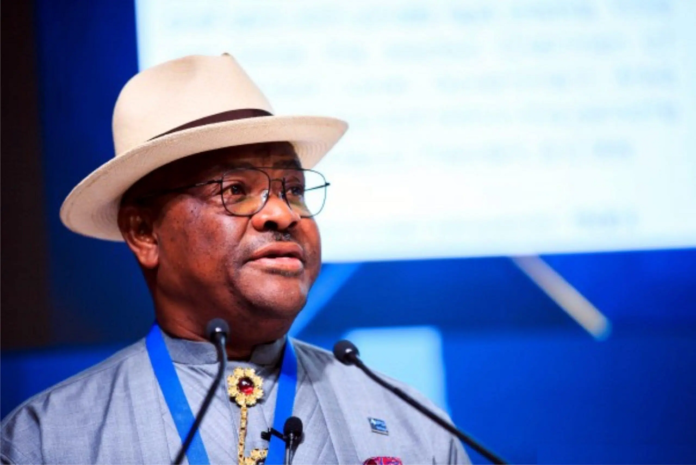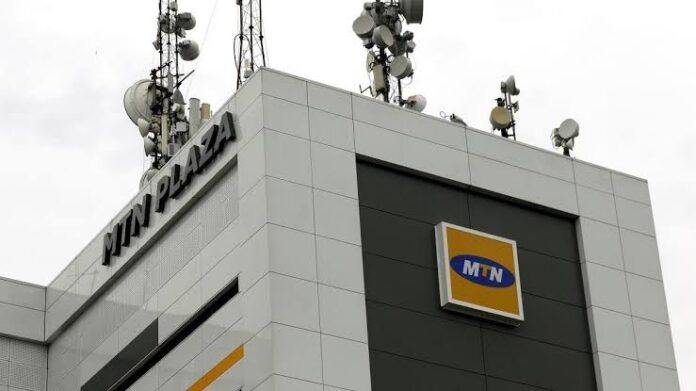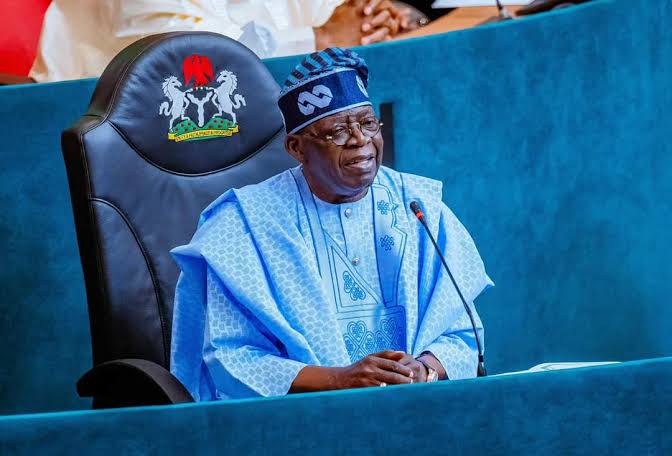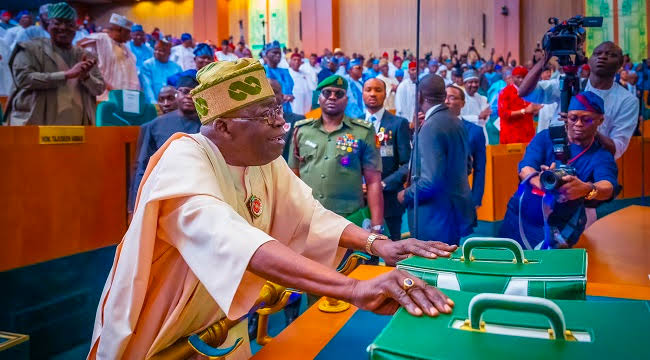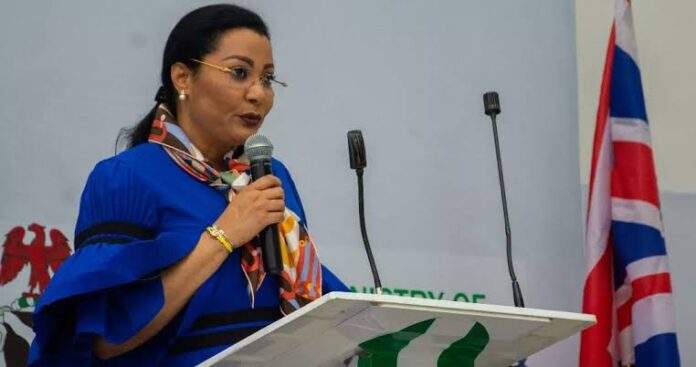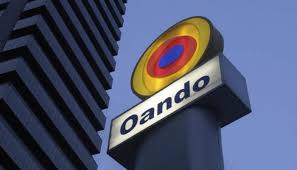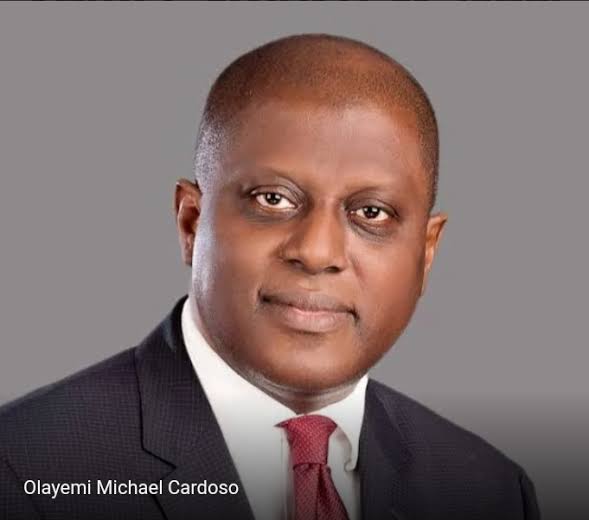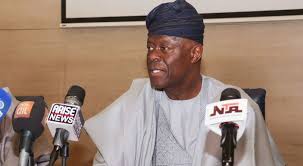By Cyril Ogar
In a bid to bolster Nigeria’s food security, the Federal Government has strengthened its collaborative initiative with the Japan International Cooperation Agency ,JICA.
This partnership is aimed at supporting the country’s food production systems and enhancing resilience amid global supply challenges.
The initiative took a significant step forward yesterday as the Minister of Finance and Coordinating Minister of the Economy, Mr. Wale Edun and the Minister of Agriculture and Food Security, Senator Abubakar Kyari, met with senior representatives of JICA to advance the implementation of the Food Security Emergency Loan Support Programme.
The JPY 15 billion facility (approximately $110 million) aims to support Nigeria’s food production systems and enhance resilience amid ongoing global supply challenges.
With the rainy season now underway, both Ministers emphasised the importance of swift, coordinated action to maximise impact for farmers and rural communities.
JICA welcomed the government’s commitment to delivery and requested formal clarification on proposed implementation adjustments.
It was jointly agreed that core production activities would proceed immediately under the existing framework, while additional components, such as aggregation and financing, would be reviewed in line with the original loan agreement.
This partnership underscores the commitment of both governments to addressing food security challenges and improving the livelihoods of millions of Nigerians, while also driving economic growth and development in the country.
Recall that earlier in the first quarter 2025, the Japan International Cooperation Agency, JICA, had supported the federal ministry of Agriculture and food security with the sum of ¥12bn Japanese loan to Nigeria to achieve a sustainable and resilience Agriculture under the National Agricultural Growth Scheme and Agro-Pocket ,NAGS-AP.
He noted that the facility will be utilized on three components namely; enhancement of rice seed quality, improvement in delivery of farm inputs, quality extension services and enhancement of private sector participation in the production of Agriculture inputs.
The Minister made the commendation during the meeting with the Economic Development Department, Japan International Cooperation Agency, JICA, led by the Director General, Mr. Takao Shimokawa to his office in Abuja recently.
He stated that the rice seeds production project was domiciled in the National Cereal Research Institute NCRI, Badeggi, Niger State, under the Ministry was strategic in enhancing the research and development for breeding of high-yield, disease resistant varieties that can withstand climate variability.
Kyari had pointed out that, “we will do our part under the technical cooperation with NCRI and include the National Agricultural Seed Council, NASC, to add value to the seed ecosystem.
“While enhancing seed quality is crucial, we recognize that knowledge dissemination is equally important.
“Our partnership on market oriented agriculture promotion with JICA on the Smallholder Horticulture Empowerment and Promotion ,SHEP, project from 2020 to 2024, covering 14 states in Nigeria, to include; Nasarawa, Benue, Osun, Ogun, Kogi, FCT, Taraba, Jigawa, Edo, Anambra, Ebonyi, Cross River, Gombe, and Kebbi has empowered smallholder farmers and has serve as a bridge between research and practice, ensuring that farmers are equipped with the skills and knowledge they need to thrive”, the Minister added.
Speaking further, he stated that the Ministry will leverage technology to enhance extension services, using mobile applications to provide real-time information on weather patterns, market prices and pest outbreaks to make informed decisions and adapt to challenges more swiftly.
He emphasized that implementing emergency food security measures, enhanced rice seed quality, and expanding extension services are not just initiatives. Rather, they are commitments to the future of our communities and nation.
The Minister noted that working together with JICA, researchers, NGOs, and farmers, “we can create a sustainable and resilient agricultural system that ensures food security for all”.
He, therefore, commended JICA for being a long-term strategic partner, considering the impact of bilateral activities JICA undertakes in the agricultural space in more than four decades.
In his remarks, the Minister of State for Agriculture and Food Security, Sen. Abdullahi Sabi Aliyu reiterated that JICA has always been supportive and will not be taken for granted.
He pointed out that the seed issue was very key because President Bola Ahmed Tinubu has always said “plant the right seed, then you can feed the entire nation, so seed is key to our food security problems”, Sen Abdullahi stressed.
Earlier in his remarks, the Director General Economic Development Department, Japan International Cooperation Agency, JICA, Mr. Takao Shimokawa expressed gratitude for the long-standing collaboration between the Ministry and JICA.
He stated that JICA would continue to prioritize the collaboration towards ensuring economic prosperity and food security in Nigeria, noting that JICA is fully aligned to the Ministry’s mandate.
In his words, “today i take advantage to report the recent progress of JICA assistance in the Agricultural sector in three key areas to include food security, announcing that the first disbursement of the loan has been paid yesterday”.
He noted that, “now, we are proceeding to supervision and monitoring of the fund utilization”.
The Director General emphasized that JICA and Japan are fully committed to rice production in Africa particularly in Nigeria which is the largest producer of rice, pointing out that the new grant project would provide the machinery for rice production which procurement process is about to commence.


